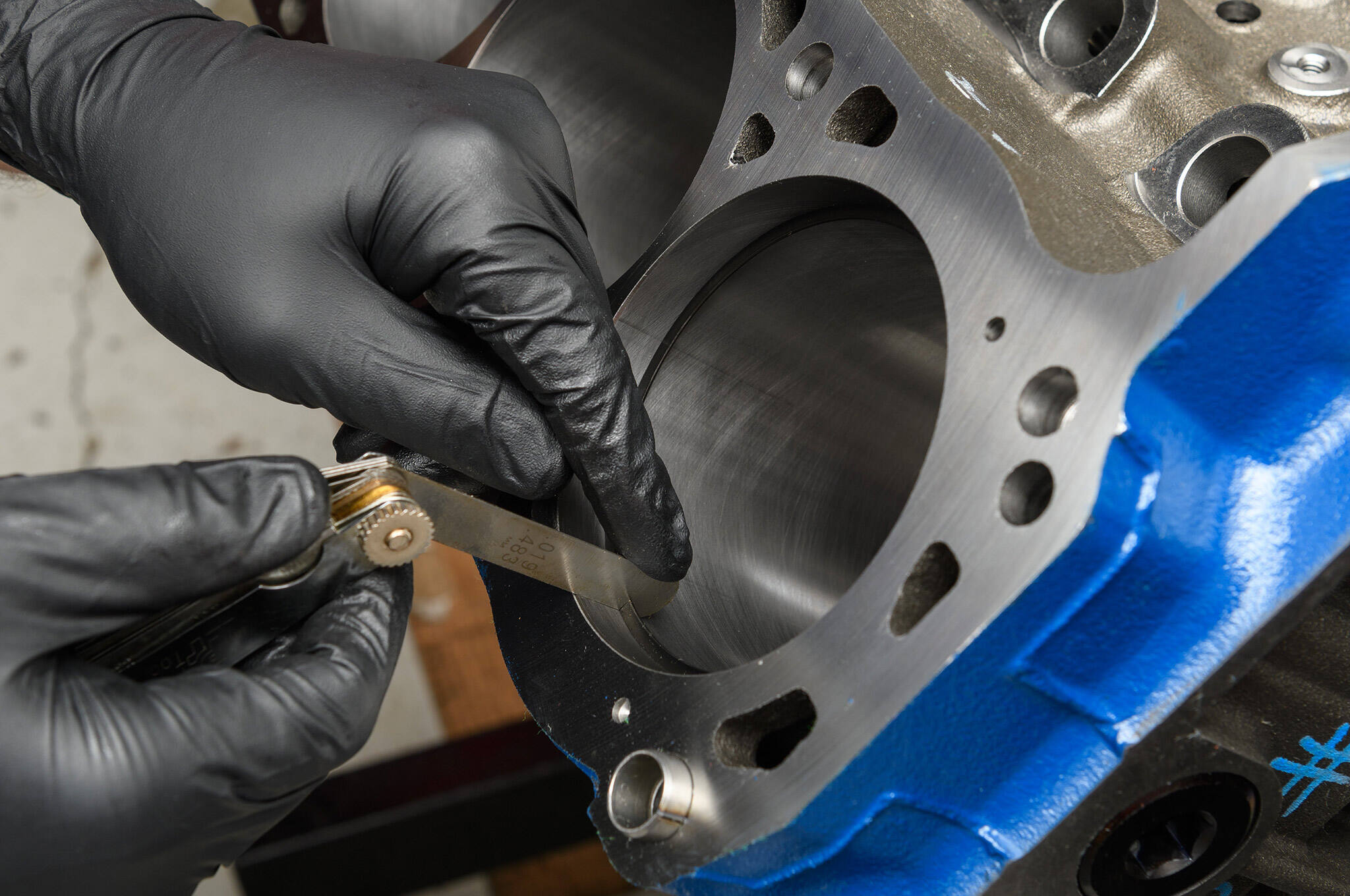Piston rings are the guardians of your engine’s combustion chamber, sealing gases, regulating oil, and transferring heat. But during installation, even a small mistake—like improper gap spacing or mishandling—can lead to ring breakage, oil consumption, or catastrophic engine damage. This guide dives into the root causes of ring failures and shows how Hangzhou Hongtu’s piston ring tools ensure precise installation for maximum engine longevity.
Piston rings are brittle and unforgiving. Here’s why they fail:
Incorrect ring gap: Too tight, and thermal expansion cracks the ring; too loose, and compression leaks.
Over-expanding the ring: Stretching beyond its elastic limit causes microfractures.
Misalignment: Twisted rings snag on cylinder walls during installation.
Contamination: Dirt or debris scratches rings, creating weak points.
Consequences of Poor Installation:
Blow-by gases contaminating oil.
Reduced compression and power.
Engine overheating from poor heat transfer.
Traditional methods like screwdrivers or pliers are risky. Hangzhou Hongtu’s specialized tools eliminate guesswork:
Piston ring expanders: Distribute force evenly to prevent over-stretching.
Gap measurement feeler gauges: Accurately set ring end gaps to OEM specs.
Ring compressors: Ensure rings sit flush for safe cylinder insertion.
1. Measure and Set Ring Gaps
Use a feeler gauge to check the top ring’s end gap (typical range: 0.004–0.006 inches per inch of bore diameter).
File the gap carefully if too tight—never force the ring into the cylinder.
Repeat for second and oil control rings.
2. Install Rings with an Expander Tool
Slide the ring onto Hangzhou Hongtu’s non-marring expander to gently open it.
Align the ring’s markings (e.g., “TOP”) and lower it onto the piston groove.
3. Use a Ring Compressor
Place the piston into the compressor sleeve and tighten evenly.
Tap the piston into the cylinder with a wooden handle—no metal hammers!
4. Verify Alignment
Rotate the crankshaft to ensure rings move freely without binding.
Recheck gaps after installation (thermal cycling may affect spacing).

Ignoring OEM specs: Always follow the manufacturer’s gap recommendations.
Reusing old rings: Metal fatigue guarantees premature failure.
Skipping lubrication: Apply a thin oil film to prevent dry startup wear.
Prevent breakage: Eliminate microfractures from manual mishandling.
Boost efficiency: Install rings 50% faster with guided tools.
Extend engine life: Proper sealing reduces blow-by and oil consumption.
Q: What happens if the ring gap is too large?
A: Excessive blow-by, reduced compression, and increased oil consumption.
Q: Can I reuse a ring compressor for different bore sizes?
A: No—use a compressor matched to your engine’s bore diameter.
Q: How do I clean pistons before installation?
A: Degrease with solvent and polish grooves with a non-abrasive brush.
Mastering piston ring installation isn’t just skill—it’s craftsmanship. With the right tools, every engine you build becomes a testament to precision. 🛠️🚗💨
